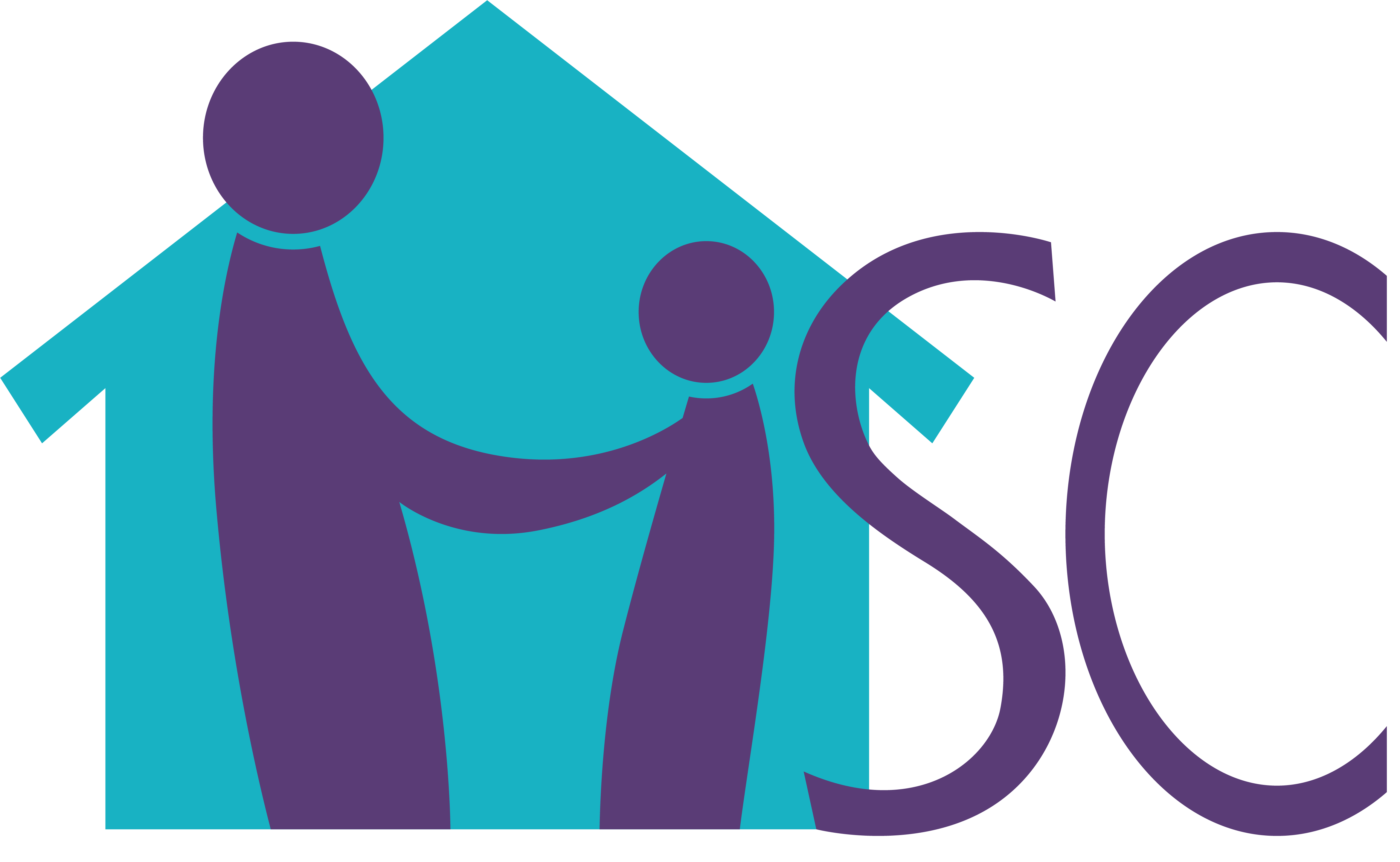Many people mistakenly think that foster care and adoption are the same things. Foster care and adoption are actually two very different services that both help provide stability for endangered young people in the community. Let’s take a look at the differences between the two.
How Is Adoption Different From Foster Care?
Permeance: One of the main differences between adoption and foster care is that foster care is intended to be temporary. Children are moved into foster homes when there is reason to believe that their home life is unsafe in some way. In most cases, when children are moved into foster care, the parents or guardians are given a timeline and tasks that can be done in order to be reunited. These tasks involve different ways that home life can be improved.
If the parents or guardians are able to complete the tasks within the timeline, the children can often be reunited.
The exception would be in instances where crimes have been committed and there is no safe reunification path for the child and parent/guardian. In this case, foster care becomes a transitional step until the child can be placed with a permanent guardian.
Adoption, on the other hand, is a legal process in which a person becomes the permanent legal parent of a child.
Parental Rights: Another huge difference involves a parent’s or guardian’s rights. When a child is placed in foster care, the parent’s rights stay intact. During an adoption, a parent does not have any further legal rights concerning the child.
Is Foster Care Part of Adoption?
Foster care is sometimes part of the adoption process. A foster parent may choose to adopt one of their foster children. This often happens in situations in which the child will not be able to reunite with the parents.
In some cases, an adoption will involve a foster period even if the prospective adoptive parents are not certified, foster parents. Adoption agencies often like to use a foster period to help the prospective parents and the child figure out if this will be a good match or not. Allowing for a foster period is a good way to cut down on the instances of failed adoptions when a family and a child are not a good match.
Who Should Consider Fostering?
Becoming a foster parent is a huge decision. If you want to adopt a child, there is no requirement that you should become a foster parent first. In fact, this would not be encouraged if your only intention is to adopt a child.
Fostering is a long-term commitment and communities rely upon foster parents to help provide care for many children at many different transition levels. You should only consider becoming a foster parent if you fully understand the scope of the commitment and are ready to live with the lack of permanence that comes with fostering. The goal in fostering is always to seek reunification first with the child’s parents. Successful fostering ends with a child returning to an improved, more stable home with their parents.
